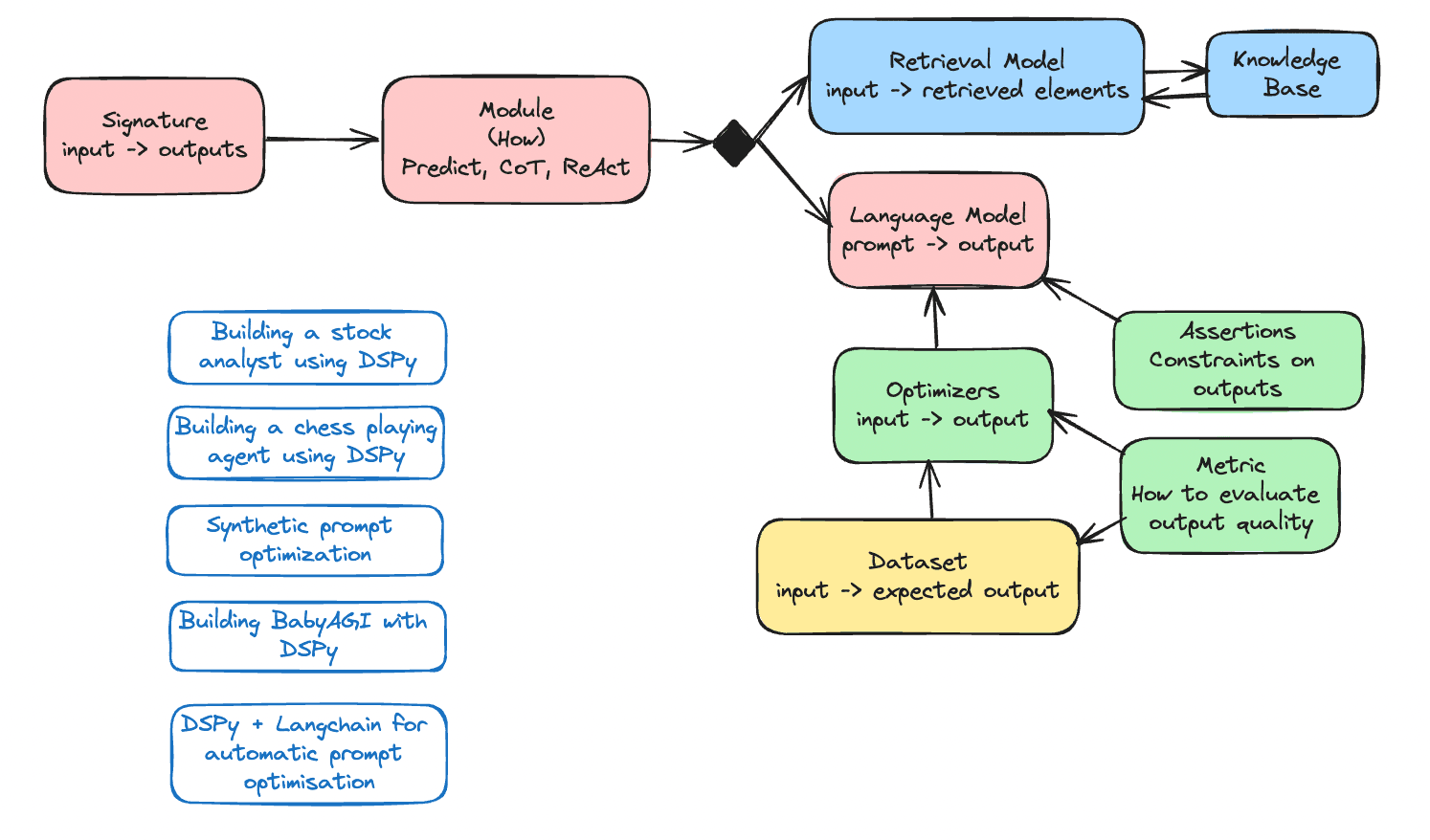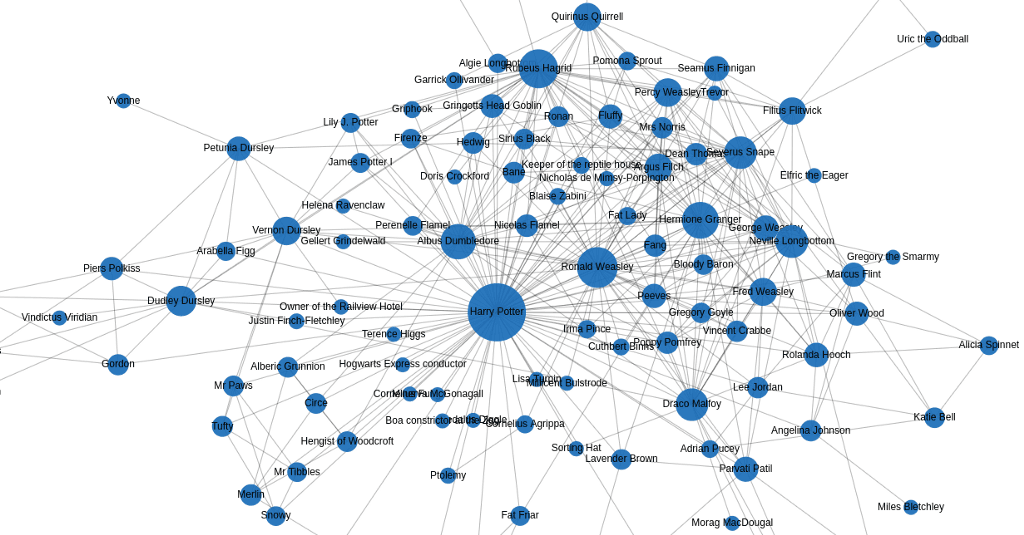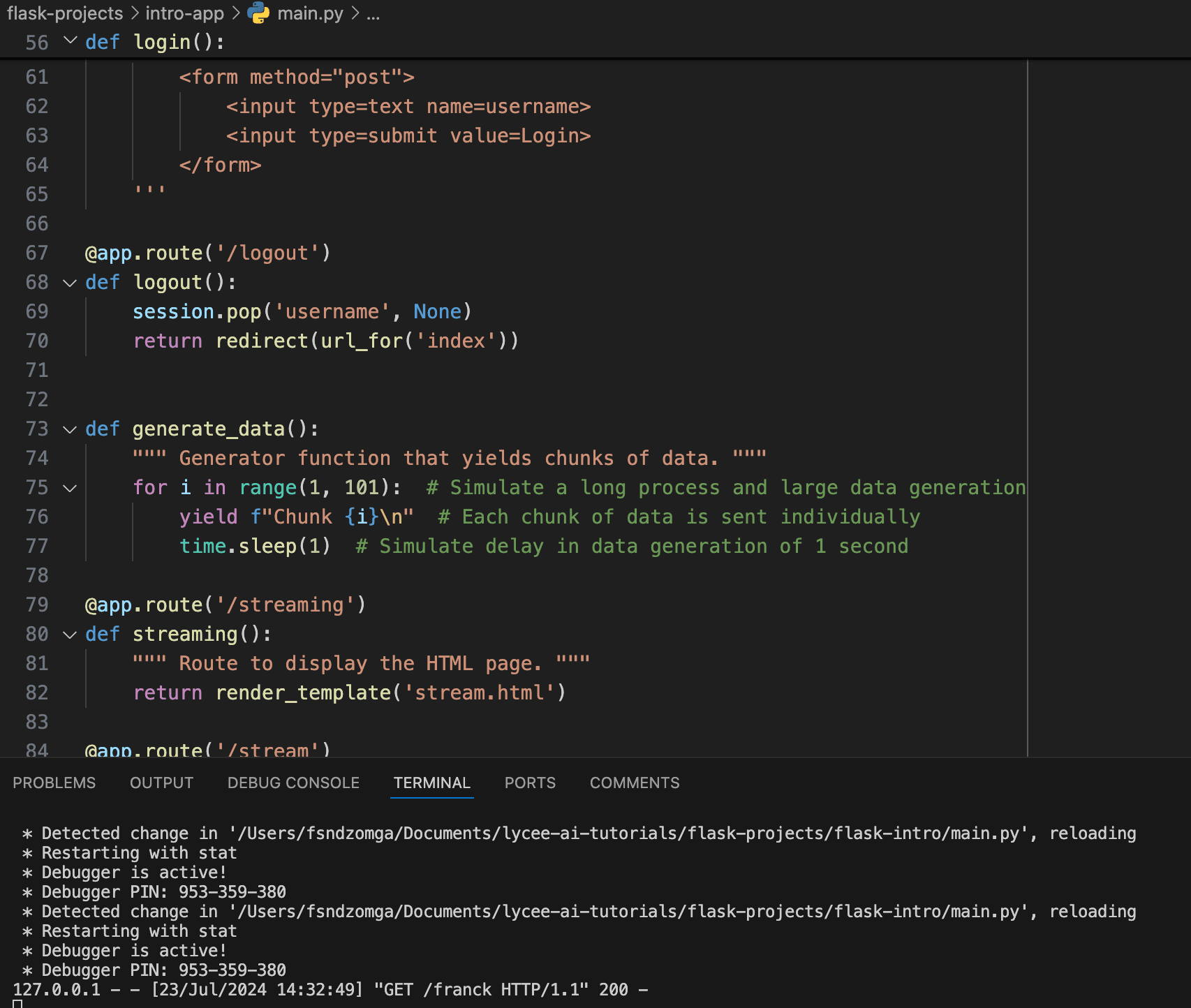
The Context
Pieter Levels, known as levelsio, recently appeared on the Lex Fridman podcast, where he discussed his philosophy on indie hacking and his approach to building successful products quickly and efficiently. Levels emphasized the importance of using simple, time-tested technologies like PHP and jQuery to ship products rapidly as a solo developer, contrasting this with the trend of using modern, complex frameworks that are often marketed heavily by venture capital-backed companies.
He pointed out that while these frameworks are advertised as "free," they often require deployment on specific infrastructures, leading to hidden costs that can become burdensome for developers. Levels argues that many developers, especially those new to the industry, are convinced by aggressive marketing that they need to use these complex solutions, which can lead to unnecessary expenses and slower development times. Instead, he advocates for a minimalist approach, focusing on shipping products quickly and iterating based on real user feedback, which has allowed him to generate millions in revenue independently.
This approach highlights a broader issue in the software development world, where the allure of modern, highly abstracted frameworks can sometimes overshadow the practical benefits of simplicity and speed, particularly for indie developers who need to move fast and operate on lean budgets.
Be an Engineer, Not a "Frameworker"
The key to effective software development lies in understanding context. If you're an indie developer, don't try to operate as if you're a software engineer at Google. The issue arises when people become so accustomed to certain methodologies or tools that they apply them without considering whether they are truly necessary or appropriate for the situation at hand.
This problem often stems from learning abstractions or tools without fully grasping the specific contexts in which they are beneficial and when they are not. Working in a large company or on large-scale applications naturally requires a different approach compared to developing smaller, independent projects. You can't build a massive, enterprise-level application the way someone like levelsio would create a lean, indie project. There's no one-size-fits-all solution in software engineering; it all depends on the context.
A skilled engineer understands how to identify the right solution for each unique situation. However, there's a growing issue with "frameworkers"—developers who become so entrenched in their preferred framework or toolset that they struggle to think beyond its limitations. This often leads to poor engineering choices and premature optimizations that can hinder a project's success.
The true mark of a good engineer is adaptability and the ability to critically assess which tools, frameworks, and methodologies are appropriate for the specific context in which they are working. This requires a deep understanding of the problem domain, the project's requirements, and the available tools and technologies. It's about being able to think critically and make informed decisions rather than blindly following trends or adopting the latest shiny tool.



